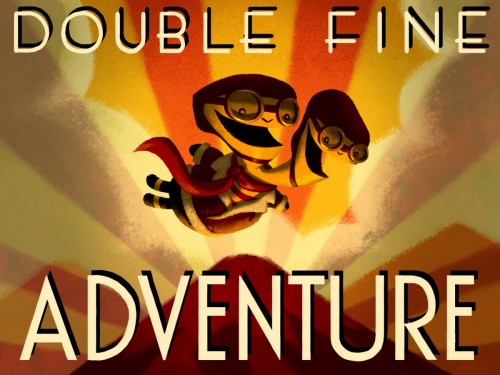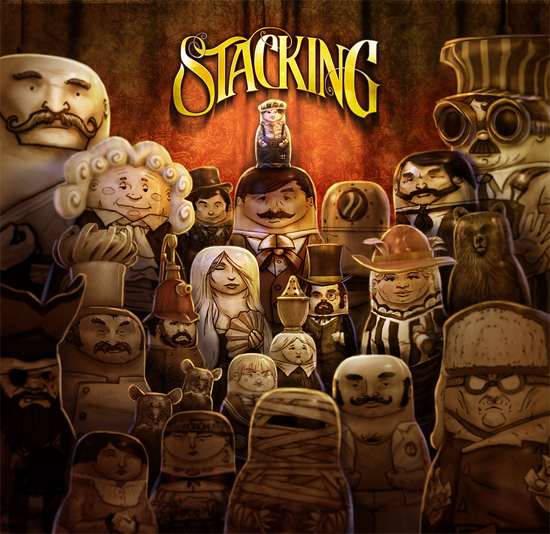Happy commercialised love day, readers! Should you be acceding to social pressure and purchasing a token of affection for your significant other, I certainly hope it is one of these stunning heart-shaped cakes. By comparison anything else can only be considered failure.
Speaking of spending money on things you love, since its inception the crowd-sourced funding site Kickstarter has scaled up from small arts projects to a feature-length independent sci-fi film I helped fund called 95ers: Echoes, which has now released a trailer.
Last week the exponential growth continued when game developing legend Tim Schafer launched a Kickstarter project to fund a small, old-school point-and-click adventure game. Having co-designed the early classics of the genre, Monkey Island and Day of the Tentacle, this swiftly captured fans’ imaginations and (more importantly) wallets, hitting the $400,000 target in around eight hours. A day later $1 million had been pledged. With 28 days to go, it looks on track at least to break $2 million.
While some hail this as a paradigm shift for the gaming industry, it really isn’t much more than it was for the music industry where veterans have used alternative internet funding in what artists like Amanda Palmer see as a return to the older patronage system. Pay-what-you-like sales, for example, allow major returns for those with established careers over which they have built up a fanbase, all typically within the label/studio system. It is certainly not available to everyone. But for accomplished auteurs, crowd-sourced funding represents a way to maintain creative control and integrity once you have garnered sufficient trust from fans.
Quintupling the funding goal brings its own risks. No longer is this a tiny $400K pet project; we’re already looking at a game with a budget two thirds the size of Schafer’s Grim Fandango, the best adventure game ever made (this is not opinion: it was a beautifully stylised hilarious noir romp through the Mexican Land of the Dead by way of Casablanca — even conceptually how can one top that?). The stakes have been raised by a not insubstantial measure. But they have my money, I’m invested and I really want them to succeed.

